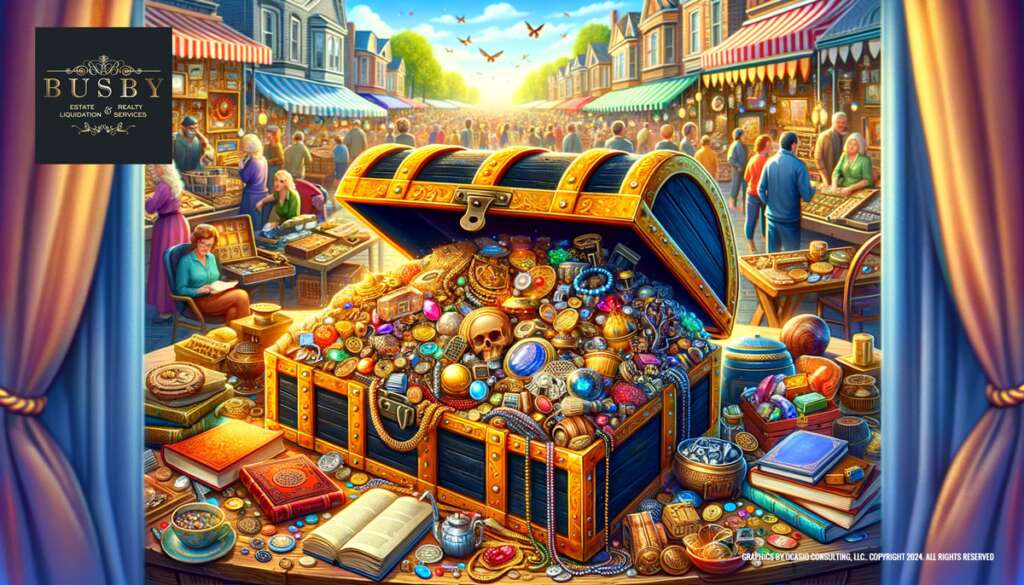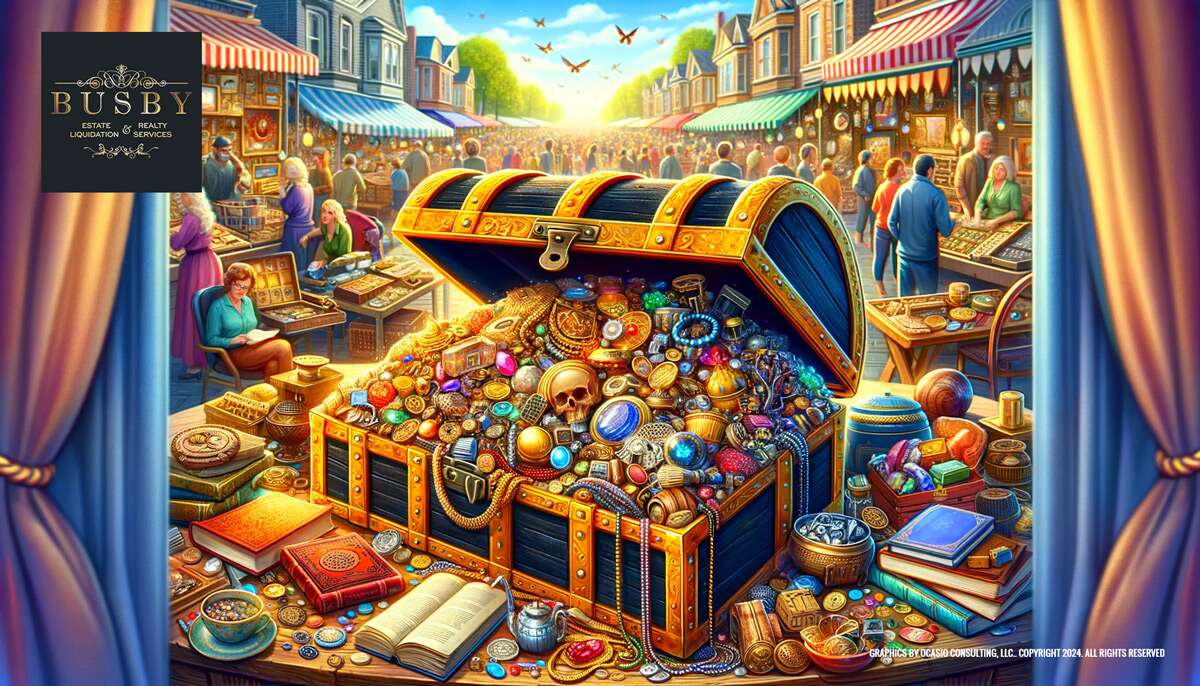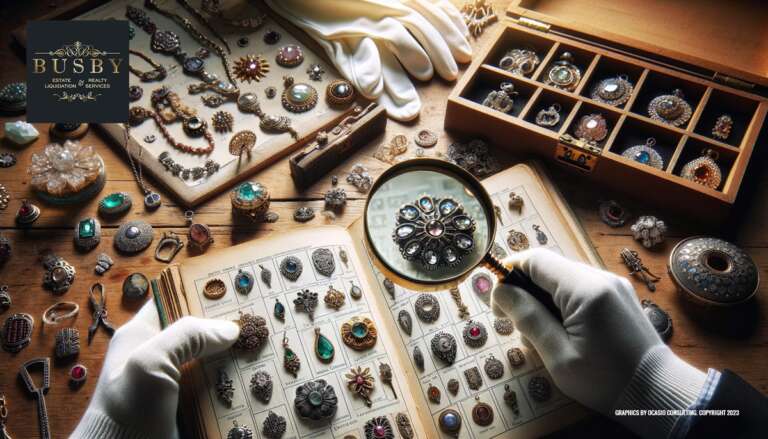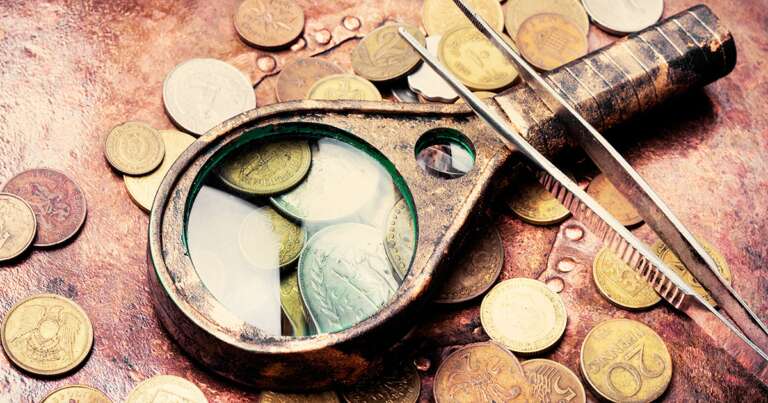Discovering Resale Goldmines: What To Buy At Estate Sales For Profit

Introduction to What to Buy at Estate Sales for Profit
Estate sales, a treasure trove for resellers and collectors, offer a unique opportunity to find valuable items at often below-market prices. This article delves into the secrets of what to buy at estate sales to resell, guiding you through a journey of profitable discovery.
Key Takeaways
| Aspect | Details |
|---|---|
| Ideal Items to Buy for Resale | Identifying profitable items commonly found at estate sales. |
| Resale Value Assessment | How to determine potential resale value of estate sale finds. |
| Where to Resell Items | Best platforms and methods for reselling estate sale purchases. |
| Tips for Successful Buying | Strategies for effective and profitable estate sale shopping. |
| Avoiding Common Pitfalls | What to avoid when purchasing items for resale at estate sales. |
Identifying High-Value Items at Estate Sales
When you’re rummaging through an estate sale, keep an eye out for these high-demand items:
- Vintage and Antique Jewelry – Timeless and often unique, vintage and antique jewelry can fetch a high price. Look for quality pieces, recognizable brands, and unique designs. For more insights, explore our article on how to buy antique jewelry.
- Collectible Coins and Currency – Coins, especially older and rarer ones, can be a lucrative find. Understanding their history and value is key. Delve deeper into coin identification tips in our guide on identifying old coins at estate sales.
- Brand-Name or Vintage Clothing and Accessories – Designer brands and vintage clothing are often sought after in the resale market. Quality and condition are critical here.
- First Edition Books and Comics – First editions and vintage comic books can be hidden gems, especially if they’re in good condition.
- Furniture and Art – Well-crafted furniture, especially from notable periods or designers, along with interesting art pieces, can be resold for significant amounts.
How to Determine an Item’s Potential Resale Value
To assess an item’s potential resale value:
- Research Current Market Trends: Use online platforms to understand what similar items are selling for.
- Condition is Key: The better the condition, the higher the potential resale value.
- Authenticity Matters: Ensure the item is authentic, especially with branded or designer goods.
- Historical Significance: Items with a story or historical relevance often have higher value.
Where to Resell Your Estate Sale Finds
Once you’ve acquired items, consider these platforms for resale:
- Online Marketplaces: Websites like eBay or Etsy are ideal for vintage and collectible items.
- Specialty Stores: Consignment shops or specialty stores might be interested in specific types of items.
- Direct Sales to Collectors: Sometimes, selling directly to collectors can be more profitable.
Tips for Successful Estate Sale Shopping
For a fruitful estate sale shopping experience:
- Arrive Early: The best items often sell quickly.
- Negotiate Wisely: Be respectful but don’t hesitate to negotiate on prices.
- Inspect Items Thoroughly: Avoid costly mistakes by carefully inspecting items for damage or authenticity issues.
Avoiding Common Pitfalls
Be wary of:
- Overestimating Resale Value: Don’t let excitement cloud your judgment on an item’s potential profit.
- Ignoring Restoration Costs: Factor in any repair or restoration costs when calculating potential profit.
- Buying Common Items: Commonplace items might not yield the profit you’re looking for.
This article is just the beginning of your journey into profitable estate sale shopping. For more detailed insights into estate sales and liquidation, check out our comprehensive guide on understanding estate liquidation services.
Understanding the Estate Sale Landscape
Estate sales are not just about buying and selling; they’re about the stories and histories behind each item. To become adept at finding the best items to buy for resale, it’s essential to understand the estate sale process. Gain further understanding by reading about the differences between estate sales and garage sales.
Leveraging Local Estate Sales
Local estate sales can be goldmines for resellers. Discovering where to find estate sales in your area is a crucial step. Remember, the more sales you attend, the better you become at spotting valuable items.
The Art of Estate Sale Negotiation
Negotiation is an art of estate sales. Develop a polite yet firm approach. Understand the value of what you’re buying and be prepared to walk away if the price isn’t right. For deeper insights into estate sale strategies, explore our article on the pros and cons of estate sales.
Building Relationships with Estate Sale Companies
Fostering relationships with estate sale companies can give you an edge. These connections might provide you with early access or insider information on upcoming sales. Learn more about working with estate liquidators in our guide to estate liquidation services.
Staying Ahead of the Curve
Staying informed and educated is key to success in the estate sale market. Keep abreast of market trends, collector demands, and pricing fluctuations. This proactive approach will help you make informed decisions and increase your chances of profitable resales.
Continuous Learning and Adaptation
The market for resale items is always evolving. Stay adaptable and continually educate yourself about new trends and niches. Join online forums, attend workshops, and read relevant literature to stay ahead.
Conclusion
Estate sales offer a unique opportunity for profitable finds. By understanding what to buy, assessing its resale value, and navigating the estate sale world skillfully, you can turn estate sale shopping into a profitable venture.
In our next section, we will explore further aspects of estate sales, including advanced strategies for buyers and sellers, and the role of digital platforms in enhancing your estate sale experience. Stay tuned for more insights and expert advice!







